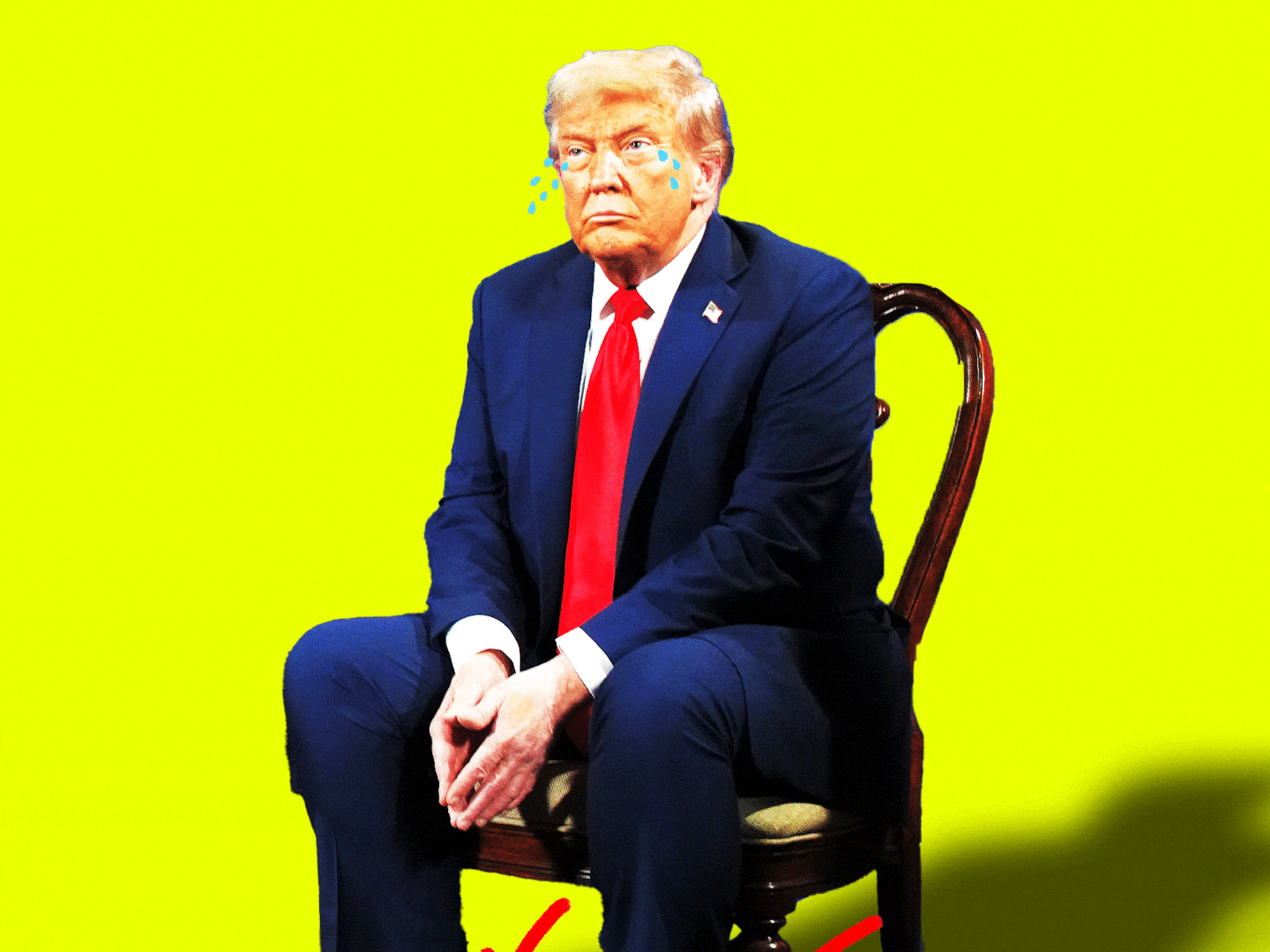What do we know about the everyday routines of life under extremist rule? Of course they exist—the markets, the families, the friendship and romances go on—but any glimpse into mundane is overshadowed by bloodied news reports.
In Timbuktu, a Mauritanian film up for Best Foreign Language Film at the Academy Awards, director Abderrahmane Sissako delicately and damningly portrays life under Islamist rule in the legendary Malian city that was overtaken by militants in 2012.
During the city’s occupation, a story leaked out that caught Sissako’s eye: a shepherd was sentenced to death for killing another man. “I heard about that and I decided to invent the life of this guy,” he says. This is the moral crux of the movie: Sissako creates not just the killer’s character, but he also glimpses into the complexities of both sides of the crime and finds many shades of grey. “It was very important to me that the movie is about classical things also, not only the jihadist question: it’s about death and life.”
Casting an ensemble entirely pulled from Tuareg musicians of the Malian exodus with no professional acting experience, Sissako had his work cut out for him. Plans for filming went awry early on when a suicide bombing rocked the city during a scouting mission with his crew in Timbuktu. He moved the shoot to Mauritania, the country of his birth, which has similarly been struggling with a rise in extremism.
Due to budget constraints and security fears, filming only took one month. None of these setbacks are visible in the final product, which has become Mauritania’s first Oscar nomination, and only the fifth film ever to be nominated in the category from Africa.
Timbuktu begins with a series of bangs: wooden masks and ancient antiquities are being blown to pieces by automatic machine gun fire. This destruction is target practice for a group of jihadis driving through the desert sands with a familiar black flag waving over their heads. It’s the same flag now adopted by ISIS, then used in Mali by an extremist group called Ansar Dine that seized a large part of northern Mali, including Timbuktu. “They decide to take this city because it’s a city that has much value for humanity,” Sissako says. “To me, it was the first victory for them—it was not only to have the place, but it was really to kill the culture.”
Sissako decided to investigate the erosion of humanity that followed. The film’s center is a family living in the sandy expanse outside Timbuktu: a shepherd, his headstrong wife, and their sole daughter, who her father clearly adores over everything else. "What’s the use of fleeing all the time?" the herder asks early on, intent on maintaining a normal life for his family in the chaos of occupation. Their story is surrounded by disconnected vignettes, many left unsolved, which round out a perspective on the brutality of repression.
There’s a man bellowing rules of Sharia law into a megaphone through the sandy and deserted streets: there is to be no smoking, no music, and socks and gloves are mandatory for women. Each infraction has a prescribed punishment: a woman caught playing music is sentenced to 80 lashes. A young couple convicted of adultery are buried in the ground and stoned to death—in a scene also pulled from a newspaper article Sissako read. These violent displays are all the more powerful with no dramatic flourish from the director’s hand.
There’s brutality but there’s also resistance: the fish-seller who refuses to cover her hands with gloves, and the local imam, clad in saintly all-white, telling the jihadis not to bother him or the other worshippers in the mosque. "Here in Timbuktu he who dedicates himself to religion uses his head and not his weapons," he says to them.
The shepherd’s daughter, proud that her father is a herder and not a fighter, tells a gung-ho young boy that “warriors die young.”
Not all have understood that the movie’s critique of extremism. In mid-January, the mayor of a Paris suburb canceled the film’s screenings, and lambasted it as “an apology for terrorism.” By his own admission, he hadn’t actually seen the movie, which may be subtle in style but certainly is not in message.
In the wake of the Charlie Hebdo attacks, art is no exception to the extremist retribution. Sissako admits jihadis offended at his film could seek revenge. “The possibility exists of course, because they don’t want to have intellectual person or artist against their vision, and that’s sort of the case here because we’re stating an opposite vision to theirs,” he says. But he chooses not to think about it.
There are more pressing events to think about. Timbuktu has already swept Cannes with two prizes and hopes to do the same at the Academy Awards later this month. If it snags the golden man for Best Foreign Language Picture, it would be a win not just for Sissako, but for his entire homeland. “It will be most important thing to happen in Africa: to see it’s really possible to make a movie and to be nominated or to get the Oscar,” he says. “I’m here not only by myself, I’m really here because behind me is all the continent.”





